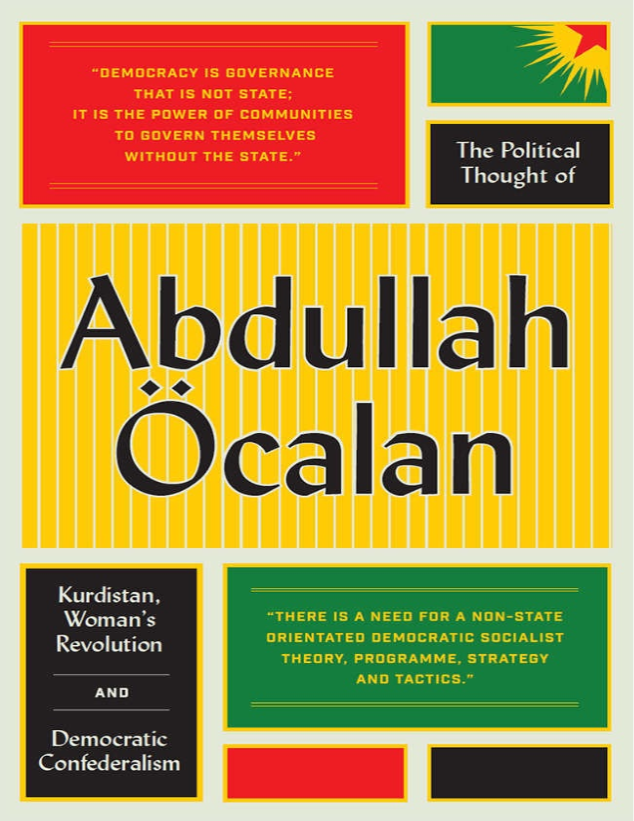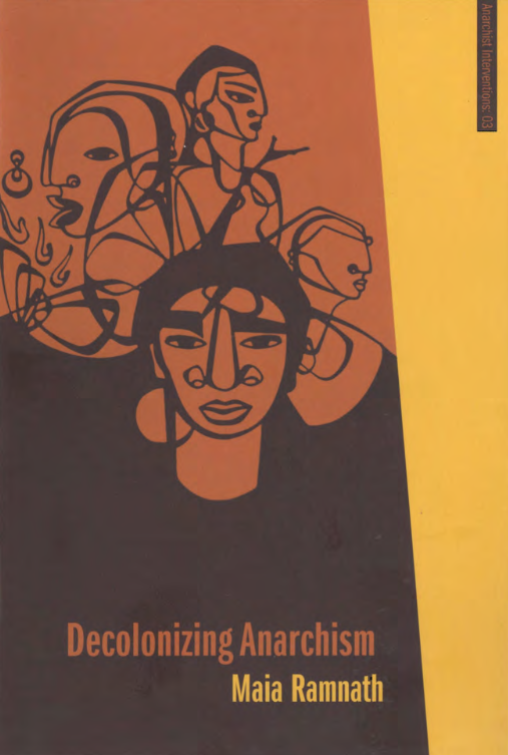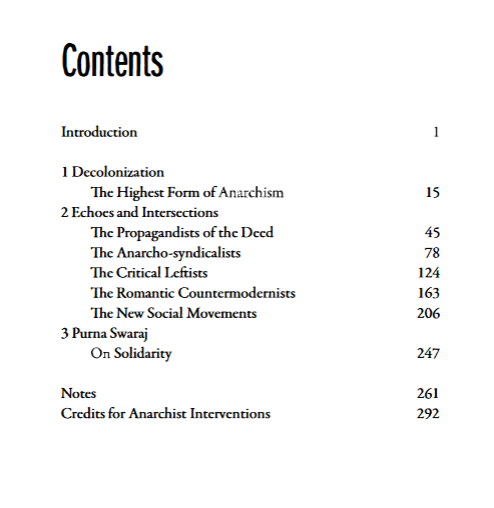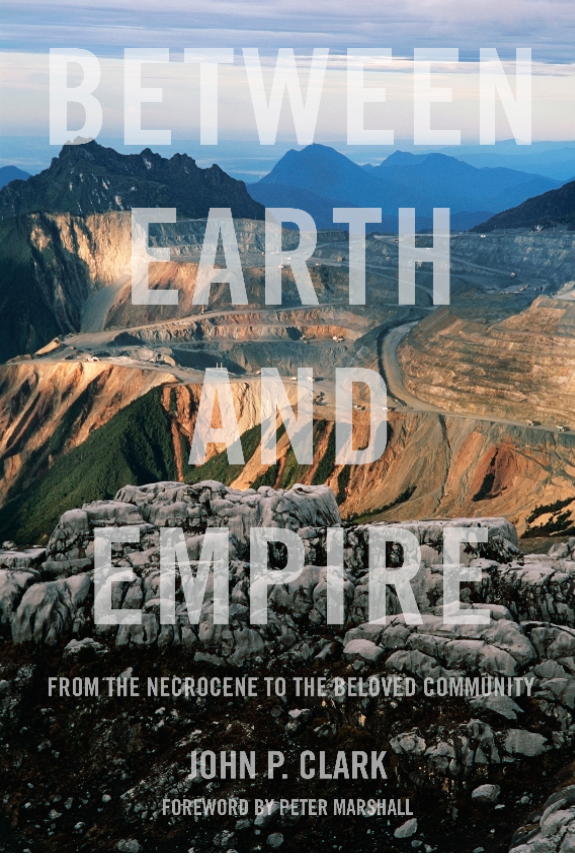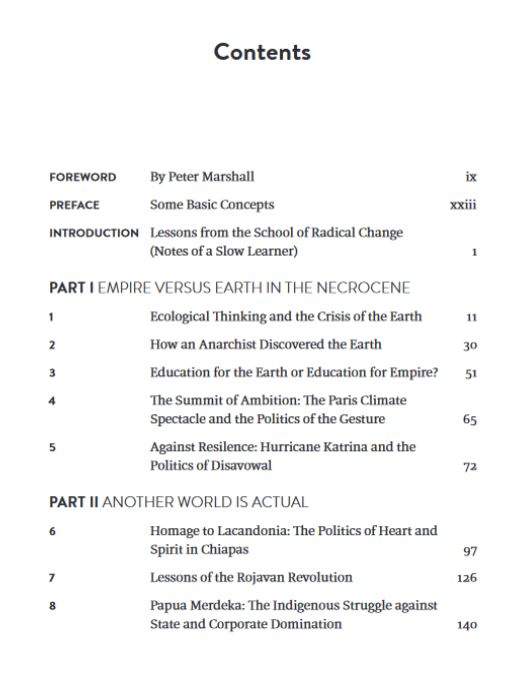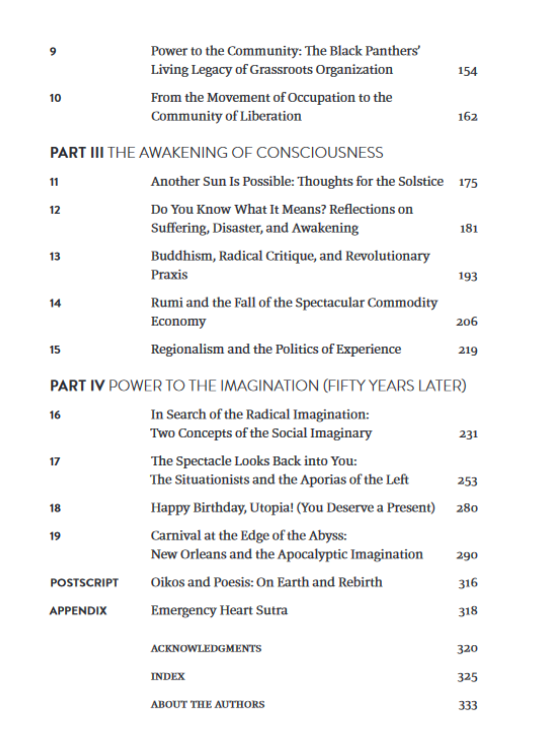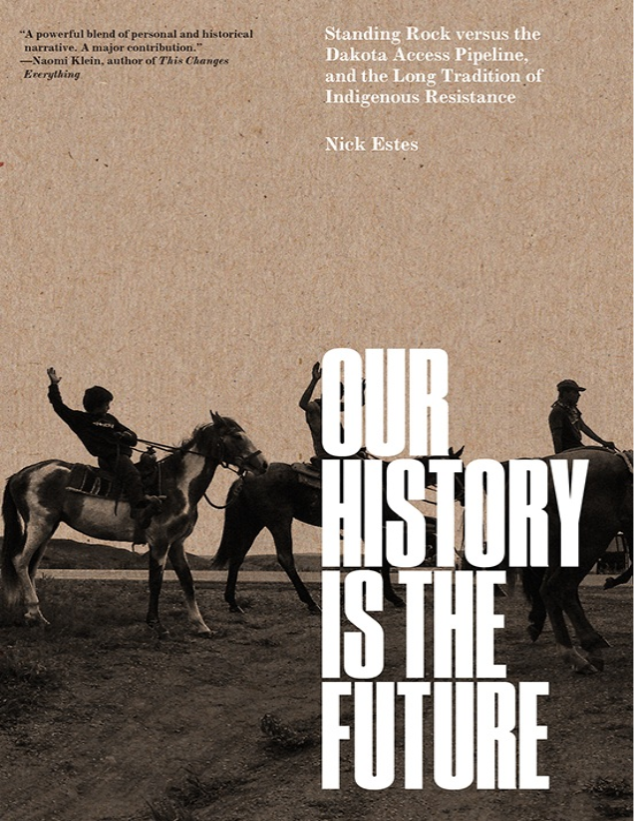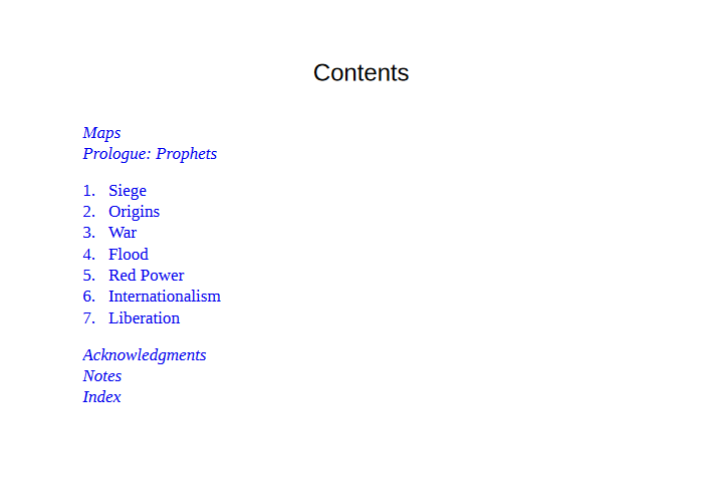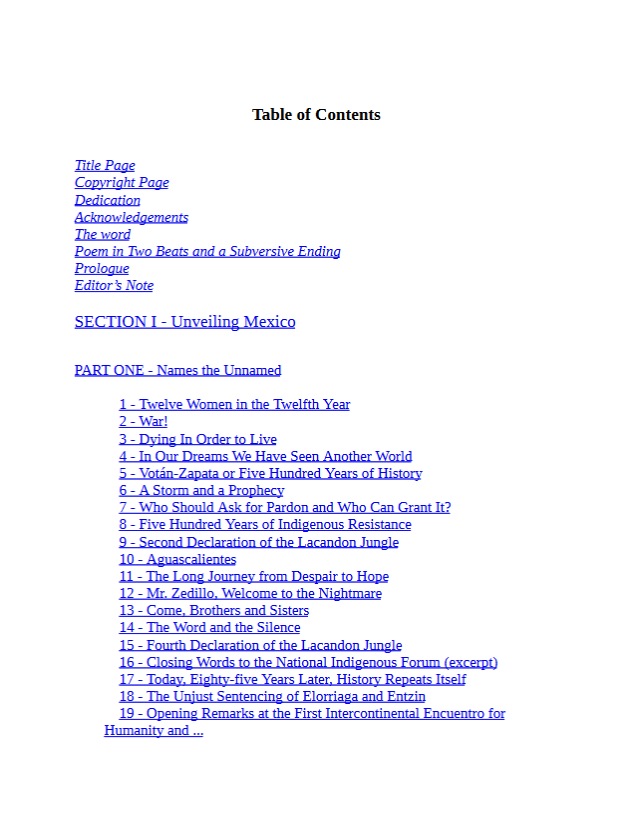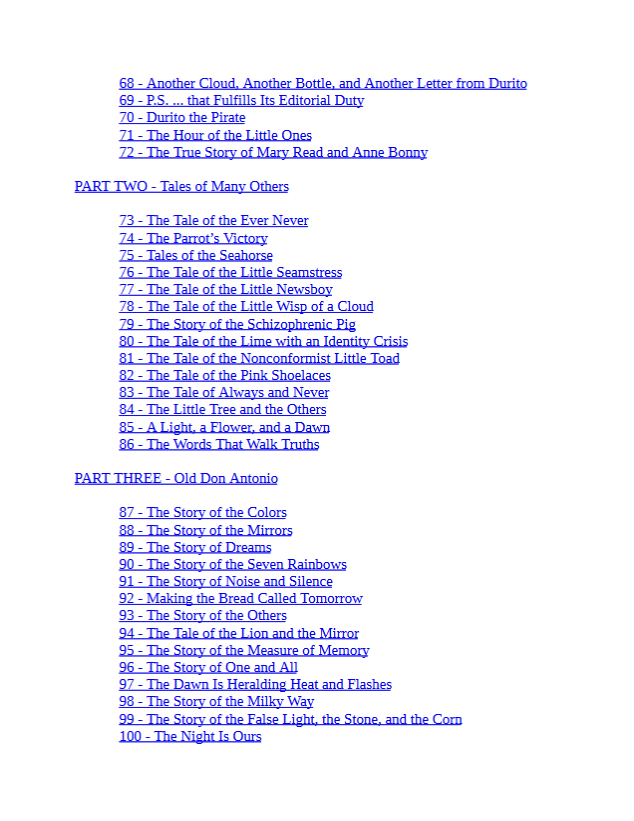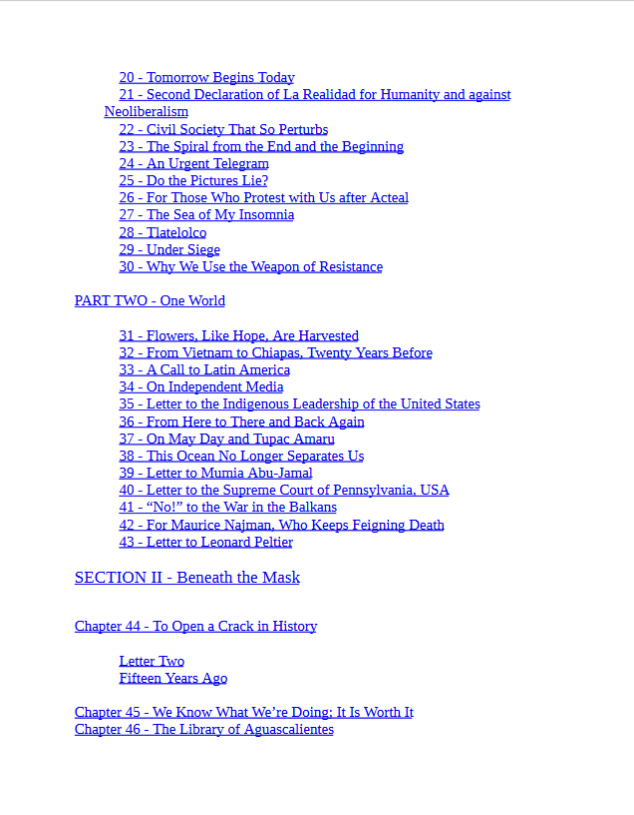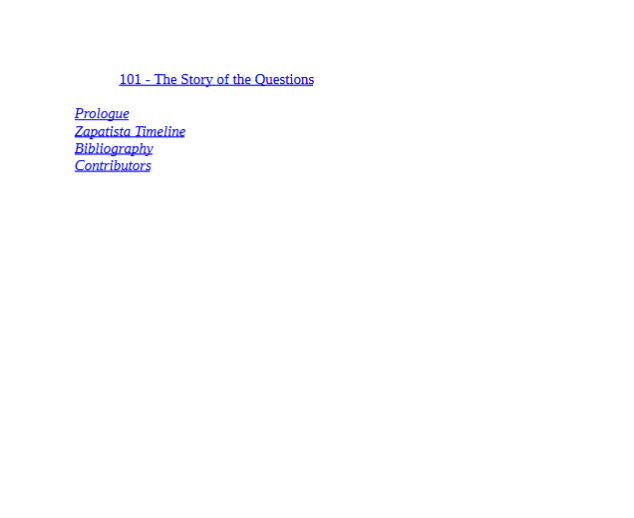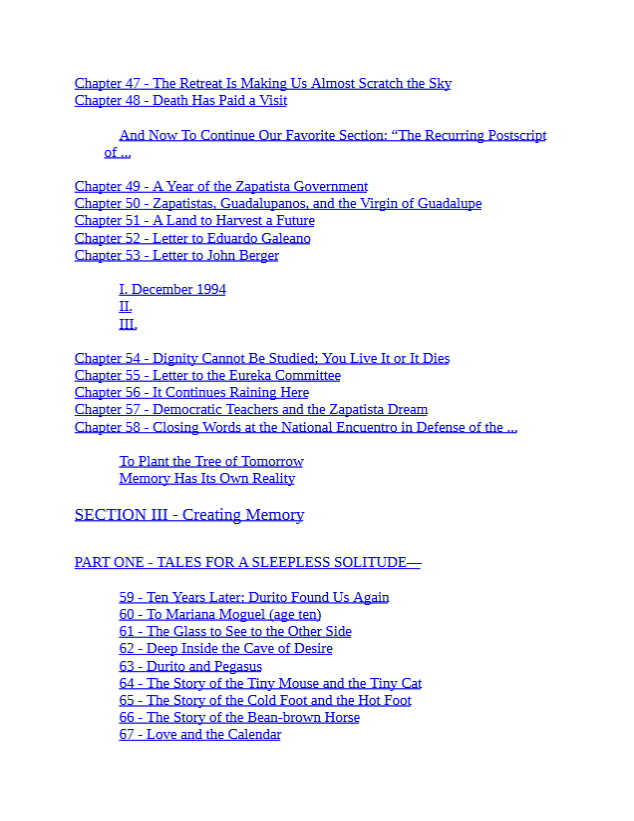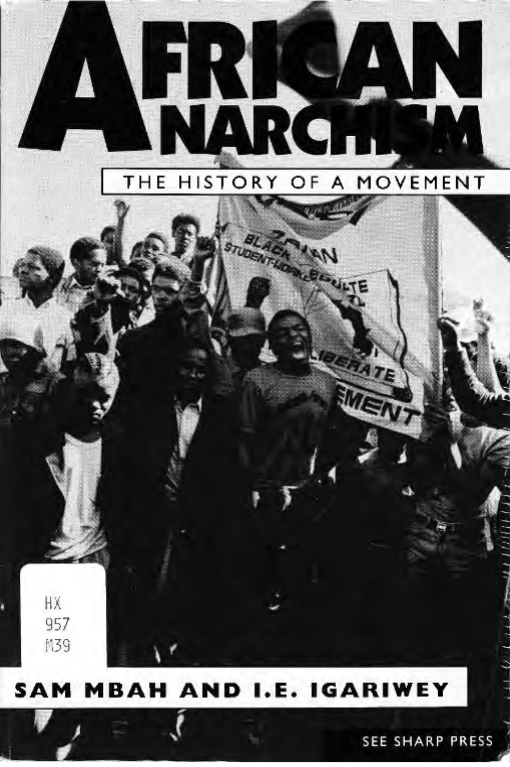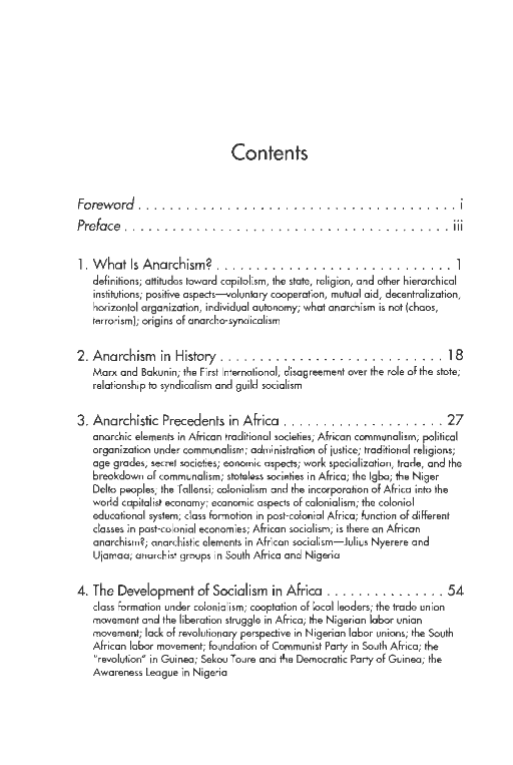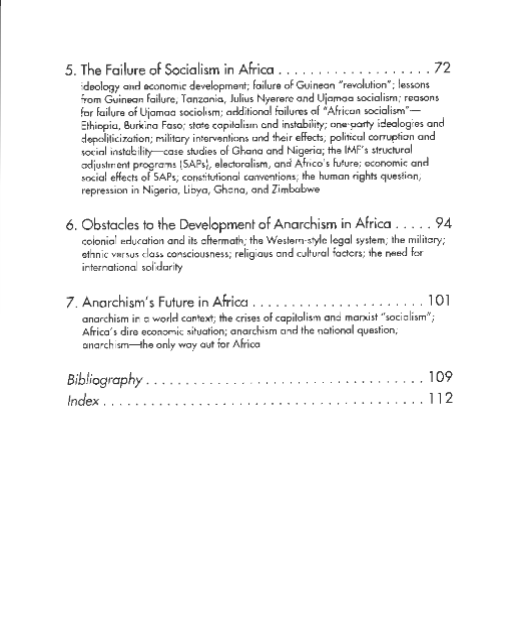Kurdistan, Woman’s Revolution and Democratic Confederalism
Author(s)
Contents
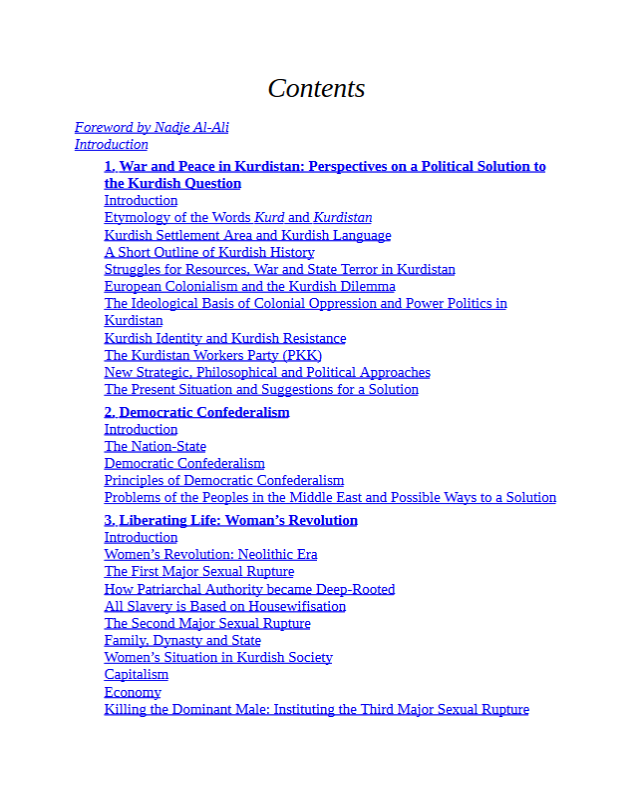
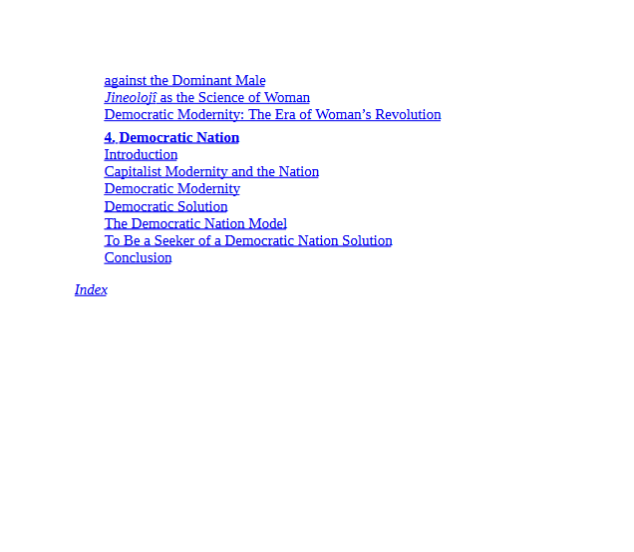
“Öcalan coined several slogans, such as ‘A country can’t be free unless the women are free’, and later he restated this more strongly as ‘To me women’s freedom is more precious than the freedom of the homeland’, thereby redefining national liberation as first and foremost women’s freedom. In his prison writings, women’s freedom is taken up constantly as an essential part of his discussions of history, contemporary society and political activism. The practice he observed in real socialist countries and his own theoretical efforts and practice since the1970s led Öcalan to the conclusion that the enslavement of women was the origin of all other forms of enslavement. This, he concludes, is not due to woman being biologically different to man, but because she was the founder and leader of the Neolithic matriarchal system.
[…] Öcalan has examined the issue of women’s freedom, the phenomena of power and state and how interrelated they all are. This has led him over and over again to return to an analysis of history. In doing so he stumbled over nation, state and nation-state and how detrimental these are for any movement; turning even the most revolutionary individuals into mere practitioners of capitalism. For Abdullah Öcalan it is not sufficient to produce critique and self-critique. He feels compelled to lay out what might constitute an alternative to the way of life that is being imposed on society. Therefore, he makes an effort to systematise the lives and struggles of all those oppressed and exploited throughout history, aswell as to propose an alternative model and way of life outside of capitalist modernity and thus classical civilisation.
[…] Öcalan’s voice is tremendously important as one of peace and reason, but it is all too often silenced by his solitary confinement on Imrali Island. His freedom is in the interest of all peoples in the Middle East – not only of the Kurds. As you will see, the writings in this book do not address only the Kurds. There is no ethno-centrist or even nationalist perspective here. Everybody can be inspired by them or benefit from them. The Rojava Revolution may be the initial spark to a wave of transformations in the Middle East and perhaps beyond. And with the support of you, the reader, this wave will also carry Abdullah Öcalan himself out of his prison cell and to freedom.”
International Initiative ‘Freedom for Abdullah Öcalan’ – Peace in Kurdistan
Leave a comment below with a valid email adress (it will not be published) to request this book.
